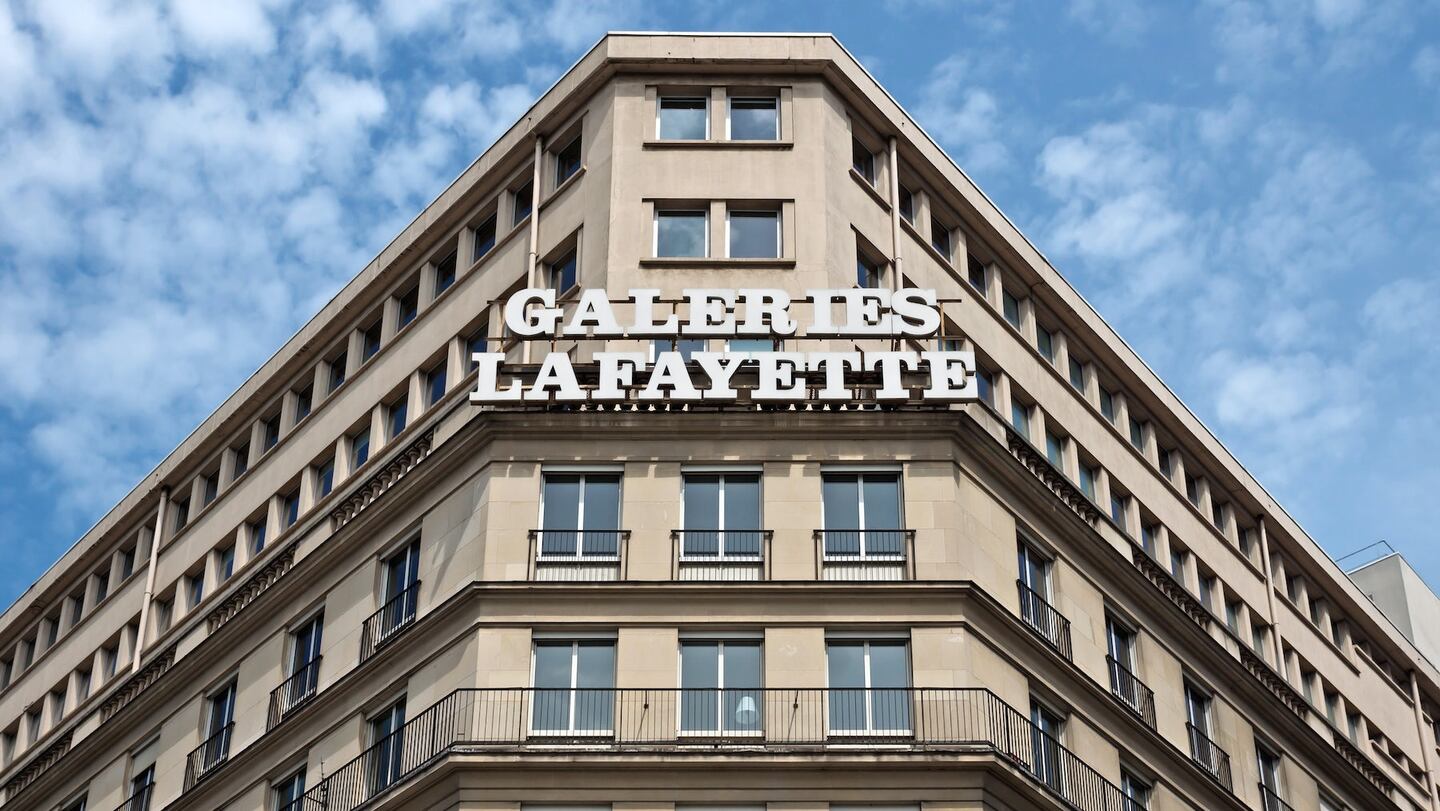
The Business of Fashion
Agenda-setting intelligence, analysis and advice for the global fashion community.

Agenda-setting intelligence, analysis and advice for the global fashion community.

PARIS, France — Galeries Lafayette Group is acquiring a 51 percent stake in e-commerce retailer La Redoute for an undisclosed sum, the two companies said in a joint statement on Thursday. Eventually, the French luxury department store intends to acquire the entire La Redoute business, making it the leading player in the French apparel market in terms of revenues. La Redoute currently boasts €750 million in annual revenues and has 9 million unique monthly visitors.
Galeries Lafayette said its ambition was to create a new leading omnichannel retail group specialised in fashion and home furnishings. “While the fashion and retail industries face unprecedented global change, the complementary positioning and expertise of La Redoute and Galeries Lafayette — the group’s flagship brand — would establish us as a leading physical and digital retailer specialised in fashion and home furnishings, with French roots and international outreach,” said Galeries Lafayette executive chairman Philippe Houzé in a statement.
The acquisition of La Redoute is the latest in an aggressive omnichannel push for Galeries Lafayette. Just last year, the retailer acquired flash sale site BazarChic for an undisclosed sum. Galeries Lafayette — which has 62 stores worldwide, 57 of which are in France — faces stiff competition at home from LVMH-owned Le Bon Marché and its newly launched e-commerce venture 24 Sèvres.
The transaction, which is subject to approval by regulatory authorities and employees of La Redoute, is expected to close in the coming months.
Related Articles:
[ Nicolas Houzé’s Strategy for the Future of Galeries LafayetteOpens in new window ]
As the German sportswear giant taps surging demand for its Samba and Gazelle sneakers, it’s also taking steps to spread its bets ahead of peak interest.
A profitable, multi-trillion dollar fashion industry populated with brands that generate minimal economic and environmental waste is within our reach, argues Lawrence Lenihan.
RFID technology has made self-checkout far more efficient than traditional scanning kiosks at retailers like Zara and Uniqlo, but the industry at large hesitates to fully embrace the innovation over concerns of theft and customer engagement.
The company has continued to struggle with growing “at scale” and issued a warning in February that revenue may not start increasing again until the fourth quarter.